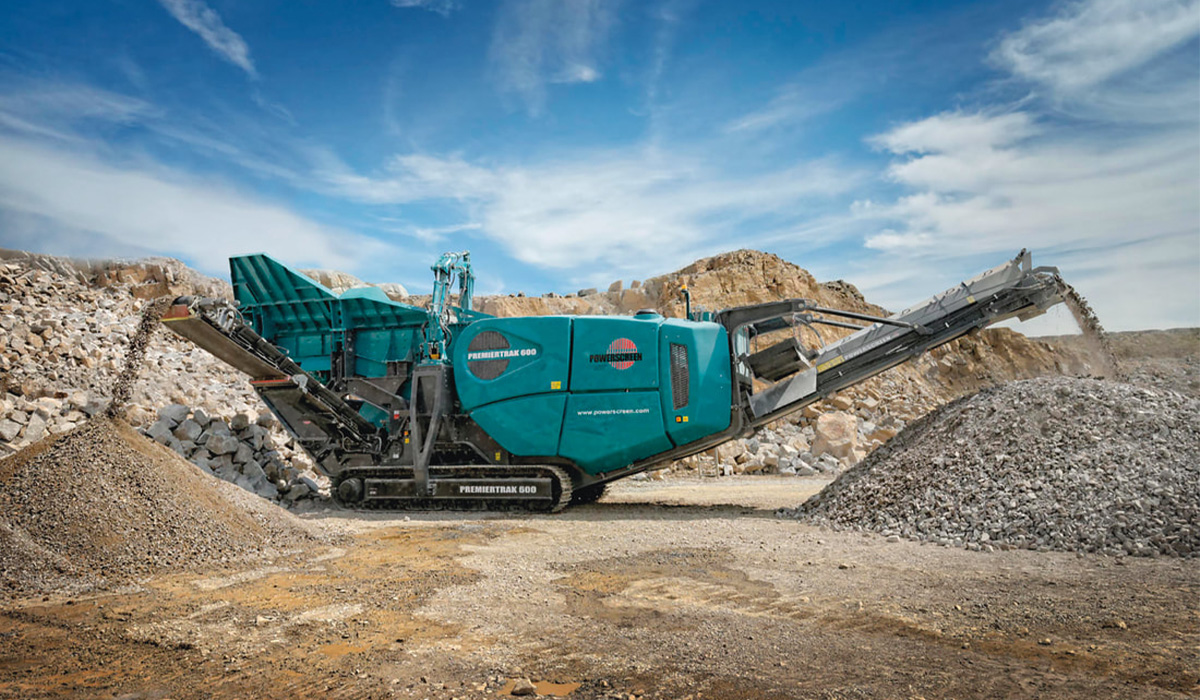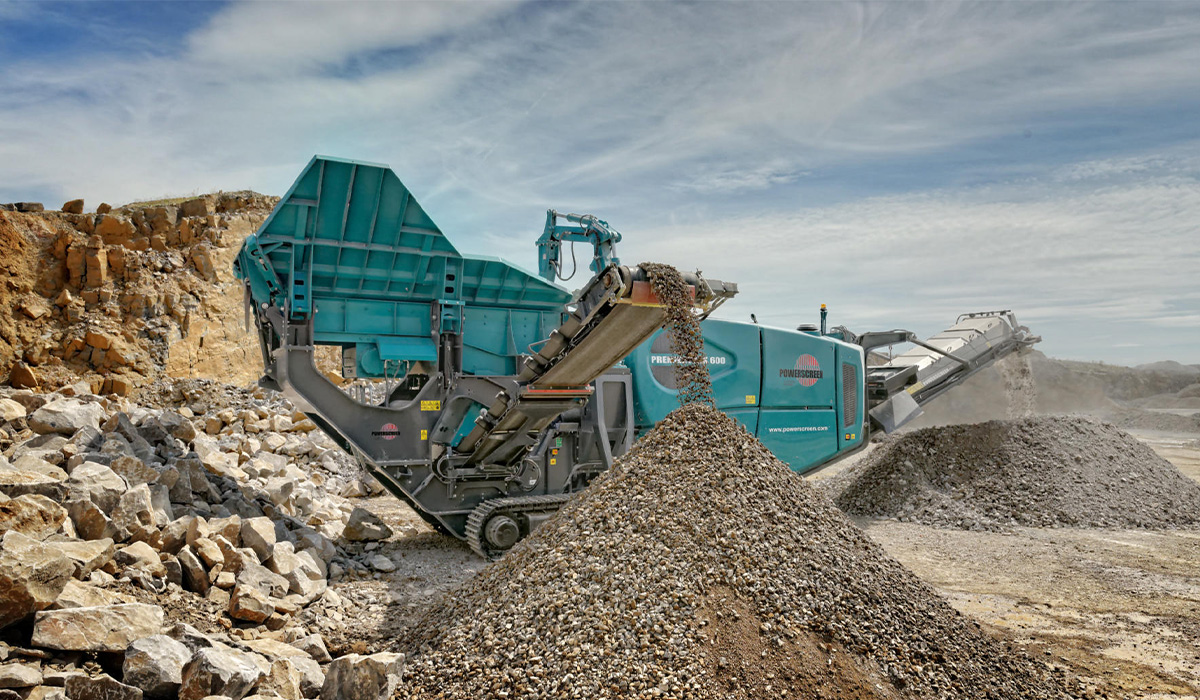
In industries that require heavy machinery, such as mining, construction, and metallurgy, crushers are essential for breaking down large materials into smaller particles. However, crushers, by their very nature, produce significant amounts of noise during operation, which can be harmful to both workers and the environment. Noise pollution has become a major concern in these industries, especially as governments around the world impose stricter environmental regulations. In this article, we’ll explore the importance of noise control in crusher equipment, the challenges involved, and the latest advancements in noise reduction technology.

Crushers generate a significant amount of noise due to their high-speed rotating components, hammers, and heavy impacts. Continuous exposure to this noise can have serious health effects on workers, including hearing loss, stress, and other related health issues. Additionally, in environmentally sensitive areas, noise pollution from crushers can disrupt local communities and wildlife.
Health Risks: Prolonged exposure to loud machinery noise has been linked to permanent hearing damage, cardiovascular issues, and mental fatigue among workers.
Environmental Impact: Excessive noise can disturb local wildlife, particularly in forests, near rivers, or around protected areas where many crushers are operated.
The crushing industry is well aware of the growing need for quieter operations. As a result, manufacturers have been developing and adopting a range of noise-reduction technologies for crushers.
Enclosed Crusher Designs: Modern crushers are now being designed with noise-dampening enclosures, which significantly reduce the amount of sound escaping into the surrounding environment. These enclosures are made with materials that absorb sound and minimize vibrations.
Vibration Control Systems: Advanced vibration dampers and isolation mounts are used to reduce the vibrations that create noise during crushing operations. These systems not only lower noise levels but also extend the life of the equipment.
Soundproofing Materials: The application of soundproofing materials inside crusher chambers can significantly lower the overall noise level of crushers. These materials absorb high-frequency noise and reduce the transmission of sound waves through the machine.
Active Noise Cancellation: Some companies are experimenting with active noise cancellation systems, which work by generating sound waves that counteract the unwanted noise produced by the crusher.

A leading mining company in Australia recently invested in noise-reducing crusher models for their site operations. By adopting crushers with soundproof enclosures and advanced vibration control systems, they reported a 30% reduction in noise levels, greatly improving working conditions and reducing health risks for their employees. Furthermore, the company's compliance with local noise regulations improved, and they received positive feedback from the nearby communities, demonstrating the significant benefits of noise control technologies.
As environmental regulations become stricter and the demand for safer work environments increases, noise control in crushers will continue to play a critical role. Investing in quieter crushers not only helps companies comply with regulations but also fosters a healthier and more productive work environment. For crushers to remain relevant in the future, they must adapt to the demands for sustainability and worker welfare, making noise control an essential feature of modern crusher design.